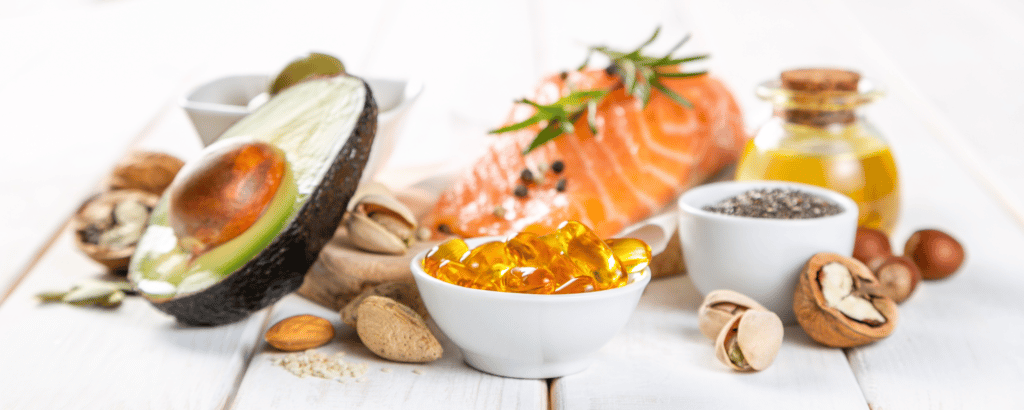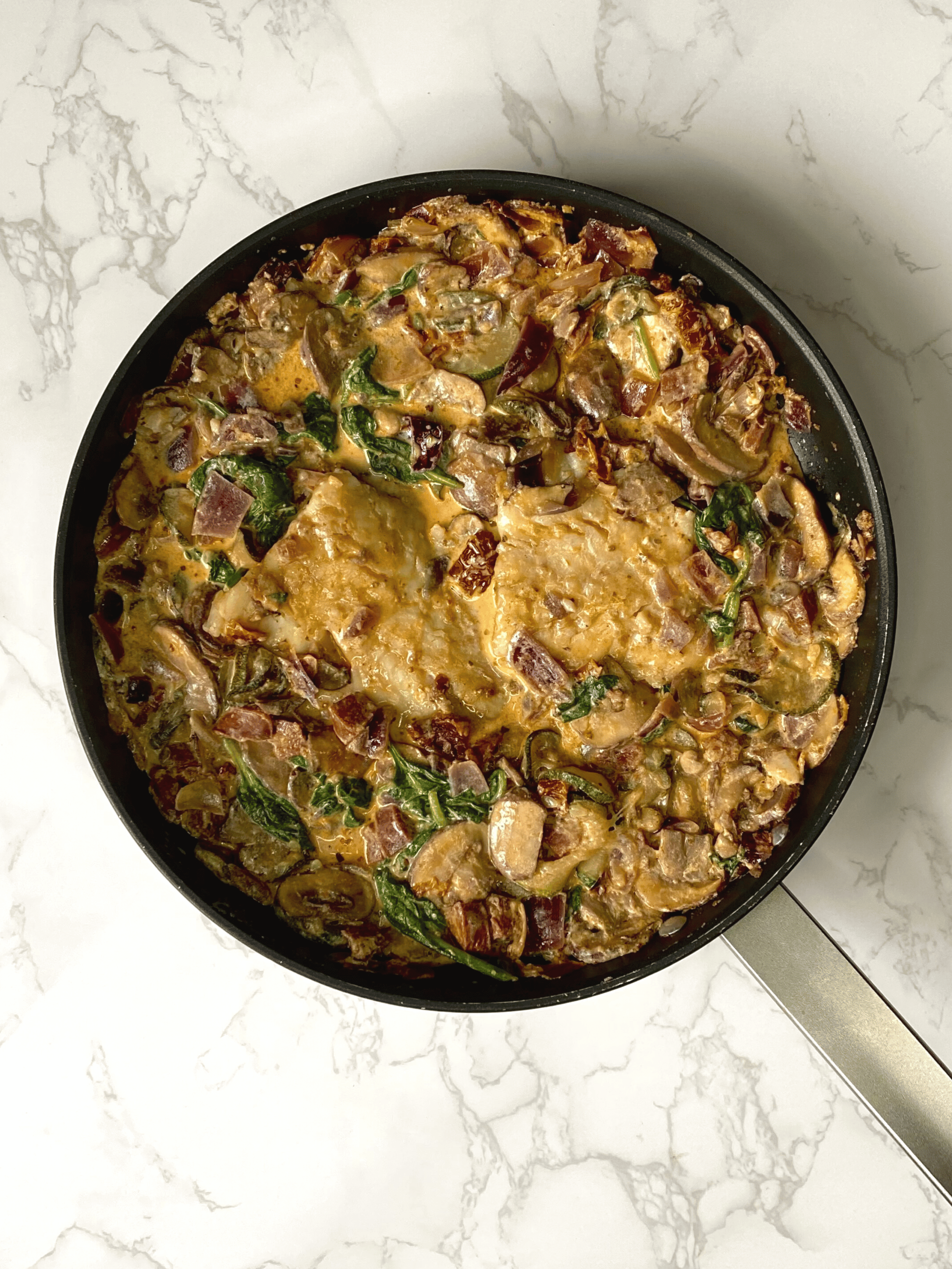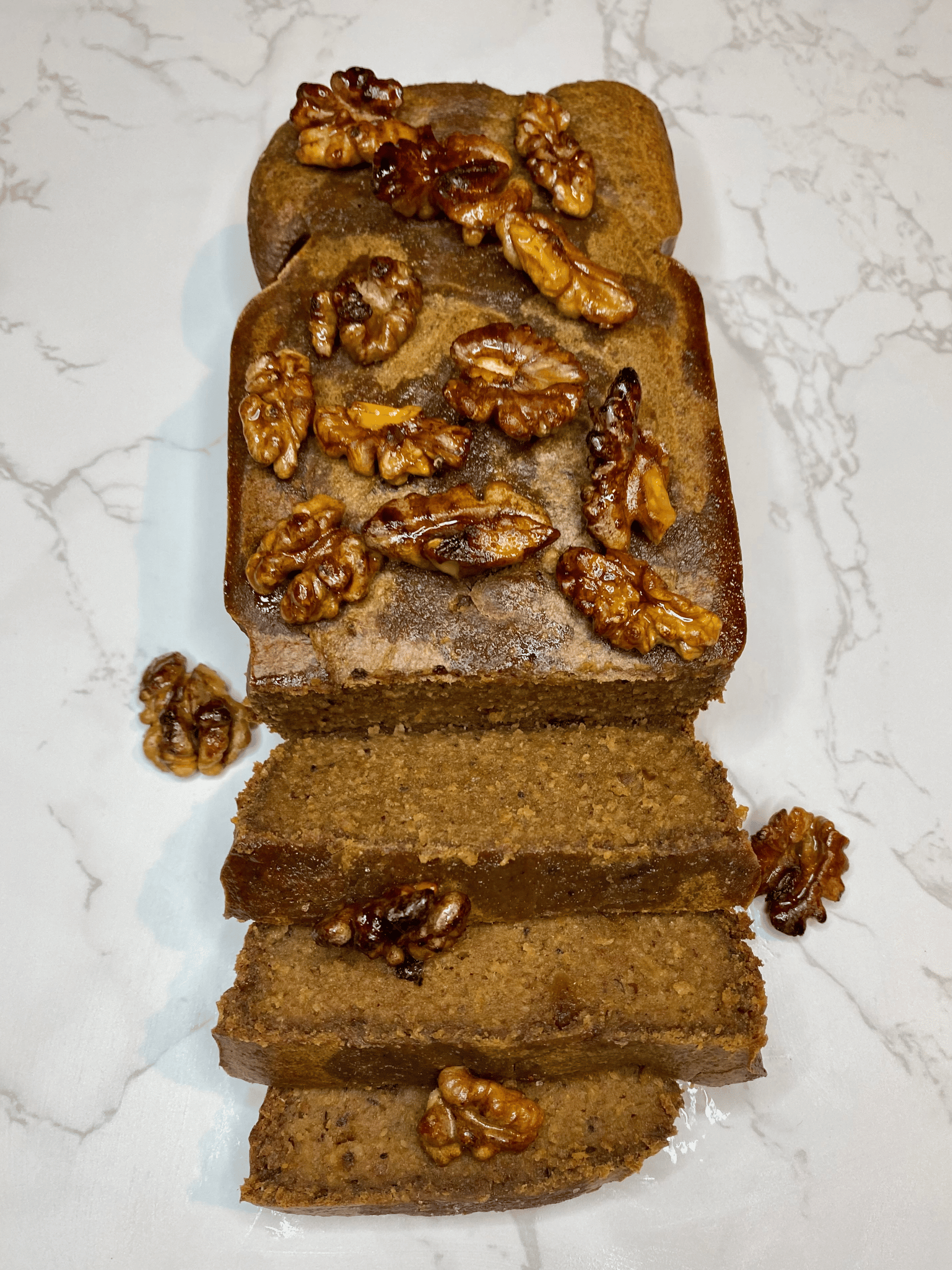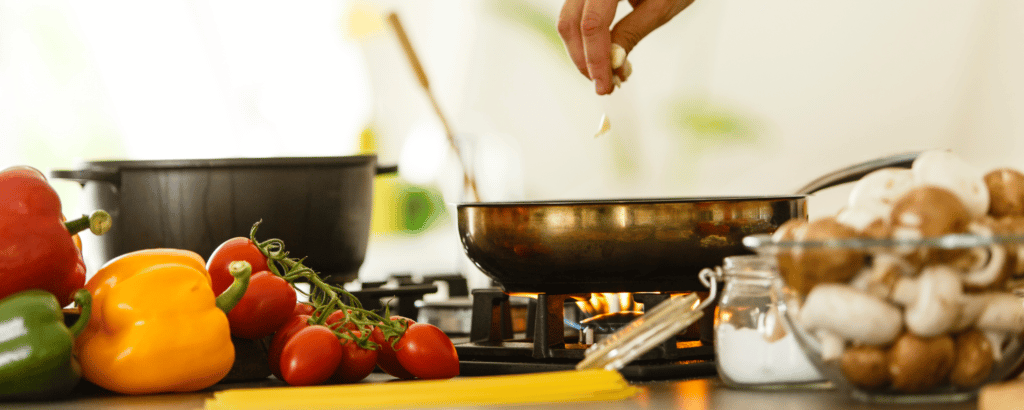Nutrition to prevent or treat the common cold
This time of year can be a challenge for our health and wellbeing for many different reasons. Not only are the days longer, darker and colder but we often also find it more difficult to motivate ourselves to eat and exercise how we should for good physical and mental health. In addition, at this time of year people start spending more time indoors, on public transport and are less likely to be out exercising in the fresh air. As a result, people are more often in close proximity to each other in damper environmental conditions. With all of these factors, colds, infections, coughs and other respiratory illnesses spread more easily and become more frequent. We have entered the “cold season”. Everyone would like to avoid the common cold, so a frequently asked question at this time of year is ‘which foods can boost my immune system to prevent or treat a cold?’ Fortunately, there are some common-sense approaches for reducing your chances of “catching a cold”, and some simple nutrition practices that may help to reduce the symptoms and the duration. These should be taken into account in conjunction with public health advice regarding hand washing, physical distancing and sneezing & coughing etiquette.
FAQ’s about nutrition for colds & flu’s:
What foods should you eat when you have a cold?
There is no one food or food group that you should eat when you have a cold. However there are some foods that are shown to support your recovery and reduce the symptoms and duration of the common cold or flu.
What are the best flu fighting foods?
There is no one food that is shown to fight off a cold, however there are some nutrients that are shown to play more of a role in supporting our immune system than others. See below for more information on what nutrients you can prioritise in your diet if you do develop a cold.
What foods to get over a flu quickly?
The duration of your flu will be impacted by many variables such as your health status, other health issues, your immune system, the severity of the virus or bacterial infection among other things. For these reasons, it is impossible to predict how long a flu will last, but there are some dietary and lifestyle considerations you can make to support yourself while the flu runs its course. See below for more information.
How to boost your immune system?
Unfortunately, there is no one way to boost your immune system, despite the information we are often fed by the media. The functioning of your immune system can be supported through nutrition and lifestyle factors. These factors include consuming a diet rich in fruit and vegetables, maintaining a healthy body weight, getting good quality and adequate sleep, managing stress and alcohol consumption as well as avoiding smoking.

What can you do for better immunity in winter months?
The importance of sleep
Apart from making a conscious effort to increase your intake of nutrient-rich foods such as fruit & vegetables to support your immune system, make sure you are getting sufficient sleep, as inadequate sleep will quickly lead to you becoming run down and more open to infections. Aim for 7-9 hours per night of good quality sleep. It can be helpful to keep a sleep diary and note any particular triggers which disrupt your sleep or make it more difficult for you to fall asleep. Learn more about the importance of sleep here.
General nutrition
A balanced, nutrient-rich diet is unquestionably the most important factor for helping to prevent frequent occurrence of colds and other infections. Nutrient-rich foods (principally fresh fruit and vegetables) will support your immune system to fight off pathogens that can lead to the development of a cold or infections. If you do catch a cold, then you might not be able to cure it (not even antibiotics) but there are certain vegetables, fruits and supplements that have been found to reduce the symptoms and duration.

Add these foods & nutrients to your diet for better immunity in winter months
Vitamin C
Vitamin C supplementation has been linked with reducing the incidence and symptoms of colds and flus for decades. Ironically, despite the well-known association, vitamin C has not been conclusively shown to reduce either the incidence or symptoms. Some studies have found that vitamin C is effective for treating colds but only in people under short-term stress such as those who were exercising, while others found it offers no assistance in prevention or treatment of colds. On the positive side, research carried out in Helsinki involving more than 11,000 people found that male teenage swimmers who caught a cold and were given a vitamin C supplement got rid of their cold almost twice as fast as those who didn’t take any vitamin C. The researchers also found that children also appear to be more responsive to vitamin C supplementation compared to adults. The recommended intake of vitamin C when sick is a 1 gram daily dose.
If you are looking for some vitamin C-rich foods (because let’s face it, natural foods are always going to be a better option than supplements) here are some suggestions for vegetables: red bell peppers, broccoli, Brussels sprouts, kale, snow peas, and sweet potatoes; and fruits: cantaloupe, grapefruit, strawberries, kiwi, mangoes, nectarines, orange, papaya, , strawberries, and tomatoes.
Zinc
Zinc is an essential nutrient in the human diet, with seafood, meat, nuts and seeds being particularly good sources. Zinc appears to play an important role in the immune system, but exactly how it exerts it’s effects is not entirely clear. When zinc is taken within 24 hours of cold symptoms appearing, it can cut the duration of a cold by an average of a day and may also reduce the severity of symptoms. Other research suggests it can cut the duration of colds down to four days from seven days, and reduce coughing episodes down to two days from five. Although there are no set guidelines, the general recommended daily dose is a minimum of 75 mg daily throughout the duration of the cold.
Probiotics
Probiotics are bacteria that help maintain the natural balance of organisms (microflora) in the gut and intestine. Having a healthy gut with an optimum blend of “healthy” bacteria has been linked with improvements in health through reductions in inflammation and boosting immune function. Research suggests that supplementing with probiotics can help prevent upper respiratory infections (URTIs), which include the common cold. Probiotics have also been shown to reduce the severity and duration of colds, presumably by supporting the body’s ability to produce infection-fighting immune cells. When purchasing a probiotic, purchase a product containing both lactobacilli and bifidobacteria. They are the two most important forms of probiotic bacteria for promoting and optimum balance of good bacteria. Aim to take 2-10 billion live cells per dose. It is also important that we ‘feed’ the good bacteria in our guts with ‘prebiotics’. Prebiotics are often referred to as ‘fertilisers’ for the gut and can be found in foods such as garlic, leeks, onions, asparagus and bananas.

Omega 3 fats
Fats in the form of an omega-3 fish oil supplement may be another potential supplement worth taking to support the immune system. Omega-3 fatty acids are known to play an important role in managing inflammation in the body as well as supporting the body’s immune system. Research in animal studies has shown that EPA and DHA (the most abundant omega-3 fats found in fish) can boost the level and activity of immune cells in the body. So, along with the other potential benefits of consuming adequate levels of omega-3 fats, they may help when trying to fend off a cold. Foods rich in omega 3 include oily fish, nuts and seeds and some plant oils like flaxseed and canola oil. See below for recipe ideas or visit our recipe page. If you do struggle to consume adequate amounts of Omega-3 rich foods in your diet, you may consider a supplement.
Vitamin D
Optimal Vitamin D levels are important for reducing risk of certain diseases and recent research has linked low Vitamin D levels to an increased risk of respiratory diseases. For a full overview of Vitamin D, COVID-19 and supplementation please read this comprehensive blog. You can purchase your Vitamin D spray to get you through the winter months at www.Kineticasports.com.
Green tea or herbal tea
Tea has been used by people feeling sick and wanting to warm up for generations. Anecdotally, tea certainly is known to be a comforting drink, but it may also offer some genuine benefits to the immune system to prevent or help fight off infections. All tea—black, green, or white—contains a group of antioxidants known as catechins, which have effects on levels of inflammation in the body. There is no guideline as to how much you should drink, but in the case of green tea, several cups per day are associated with potential health benefits. See below for recipe ideas.
Hydration
It may be stating the obvious but staying hydrated is hugely important when you have a cold or URTI. Not only do you require fluids to carry out basic bodily functions and deliver vital nutrients to the body’s cells, but also to maintain body temperature. Depending on severity, a high body temperature and sweating, together with coughing, are common symptoms and each result in increased fluid losses compared to being healthy. Hence it is hugely important that you are replacing lost fluids. Additionally, fluids help transport waste products and toxins out of the body, which is a vital function when aiming to get over a cold. Consume at least three litres of fluid per day through water and teas of choice. Check out this blog to find out more about your fluid needs!
If you are struggling to drink water, consider adding some flavoured squash such as Mi Wadi to your water and even a pinch of salt for rehydration. Including lots of fruit and vegetables in your diet as well as meals with a high fluid content such as soups, stews, smoothies and warm drinks will also help you to stay hydrated. See below for recipe ideas.

Ginger
Fresh ginger root not only tastes great, but it also contains a variety of naturally occurring molecules that are suggested to reduce pain and combat inflammation that may help with your cold symptoms. There are multiple ways that ginger can be used, but the way to gain the greatest benefits from fresh ginger is to slice, grate or chop it into dishes. See below for recipe ideas.
Perhaps the best way to consume it when suffering from a cold is by grating it into a herbal tea with some lemon. For more information on the health benefits of ginger check out this blog.
Garlic
These pungent cloves may offer more than just great flavour for your food (See below for recipe ideas). Garlic contains allicin, a sulphuric compound that produces potent antioxidants. It certainly is no harm to add some extra garlic to your cooking if you are feeling under the weather. Don’t worry about the smell, you should be keeping your distance from friends and family anyway!
Do these things for better immunity in winter months
- Use your down time to plan your meals and do your shopping. You can’t make tasty nutritious meals if you don’t have a recipe or the key ingredients!
- Eat a varied diet that contains at least 7 portions of fruit and vegetables each day, this will help you to meet your key requirements for vitamins, minerals and antioxidants.
- include foods in your diet that are proven to support a healthy immune system such as fruit and vegetables, wholegrains, garlic, ginger, cumin and turmeric.
- Eat fibre rich foods that support optimal gut health like oats, quinoa, nuts, seeds, lentils and beans. Your gut health is a vital component of your overall health and particularly your immune function.
- Hydrate first thing in the morning with a glass of water or have a glass of water with your morning coffee. Invest in a bottle that you like using and bring it with you on the go.
- Choose meals that are enjoyable this time of year and that can be batch cooked if you are short on time. Stews, soups, chilies and curries can all work great this time of year.
- We don’t see enough vitamin D producing sunlight in the winter months so take a vitamin D supplement daily, 1000-2000 iu between October and March.
- Choose clothing that is appropriate for the weather and will keep you warm. Keep some back up clothing to your office or in the boot of your car that you can change into out of cold or wet clothing when you need them most. Nothing worse than wearing wet socks!
- Sleep, don’t just aim to sleep for 8 hours per night, stick to a consistent routine that allows you to be in bed at the same time each night and wake where possible at the same time. Make sure your room is tidy, a comfortable temperature and has low lighting. Aim to keep your phone away from your bed or even better still use an alarm clock instead of the alarm on your phone.
- If you are unsure if you are meeting your energy needs, reach out to us for support (expertsupport@daveynutrition.com) or keep a food diary or track your intake on a mobile app for 1-2 days. Adjust your calorie intake as required.
Final word on colds and flu’s this winter
It is an old cliché but it remains true that “prevention is better than cure”, and it is certainly true when it comes to colds and similar illnesses. Eating a balanced diet that provides your body with sufficient energy, fluids and essential nutrients is vital for keeping your immune system strong and preventing colds. During the winter months it is more important than ever to create a routine that is achievable and practical. There is no point in saying you are going to exercise each day at 6 am before work if you know bad weather will stop that happening because it’s just not feasible. Instead pick times, locations and environments that are practical and achievable over the entire winter months.
The same mindset approach goes for your nutrition, be practical and be realistic by getting into a good food preparation routine that works during this time of year. Be conscious that you are not going to be as active in the evening due to the dark evenings, so your calorie needs are likely to be less. For this reason, modify your portions to suit your needs. Also, eat foods that are nourishing and support your immune system to help fish off any potential colds or other illnesses.
If you do develop a cold, taking a systematic approach of using more natural anti-inflammatory and nutrient-rich foods like ginger, garlic, green vegetables and citrus foods can only help your body’s immune system. In the case of supplements, Vitamin C, Vitamin D, probiotics and zinc have been shown to at least reduce the symptoms and duration of colds, so although they won’t cure you, there is certainly no harm in taking them and they may offer some help getting you back to feeling yourself.
Recipes to help prevent or treat the common cold
Vitamin C recipes
Zinc recipes
Probiotic recipes
Omega 3 recipes
Scrambled Egg and Salmon Bagel
Green tea or herbal tea recipes
Hydration
Drink Up Raise Your Game Blackcurrant
Ginger recipes
Honey Glazed Salmon with Roast Veggies
Garlic recipes











